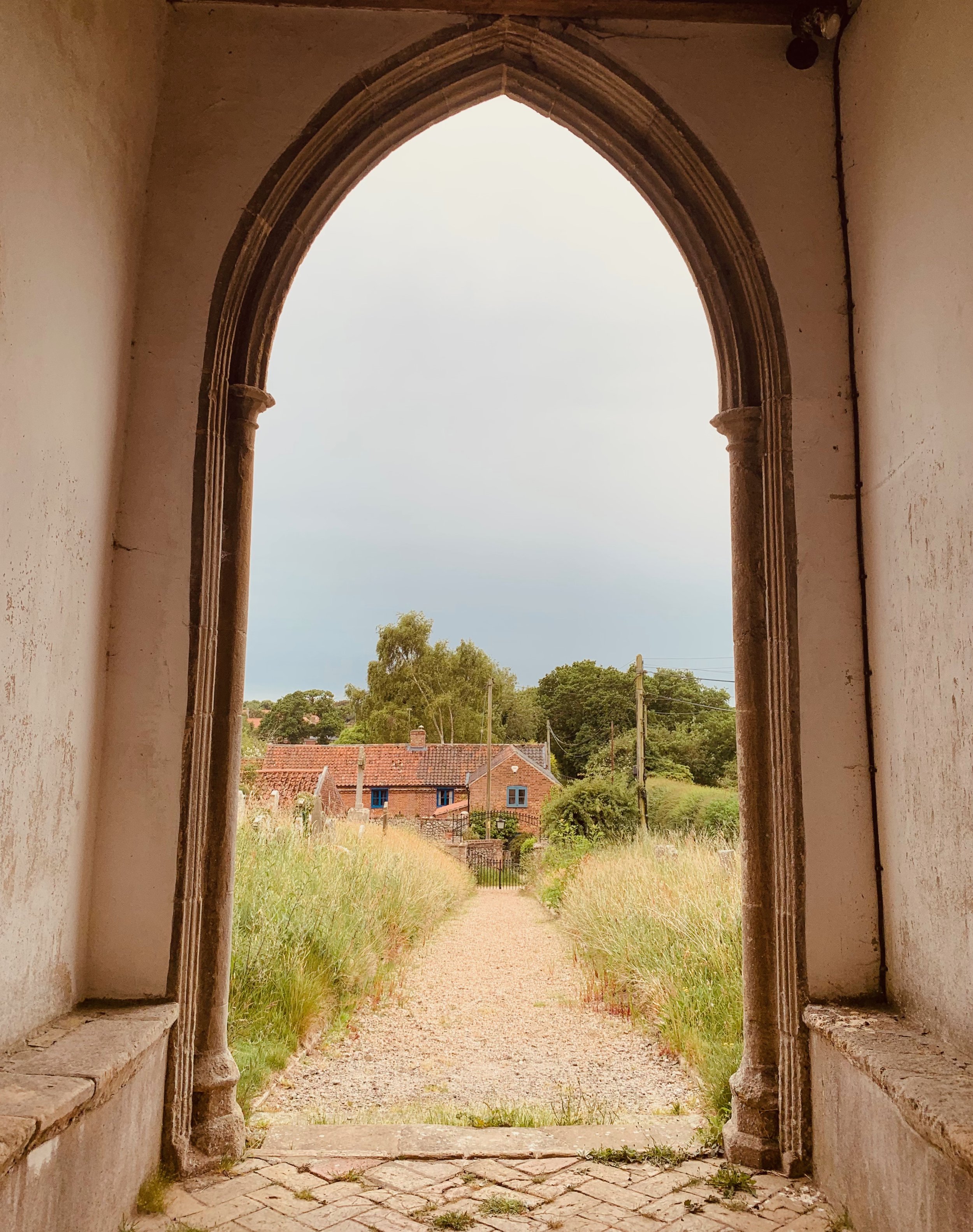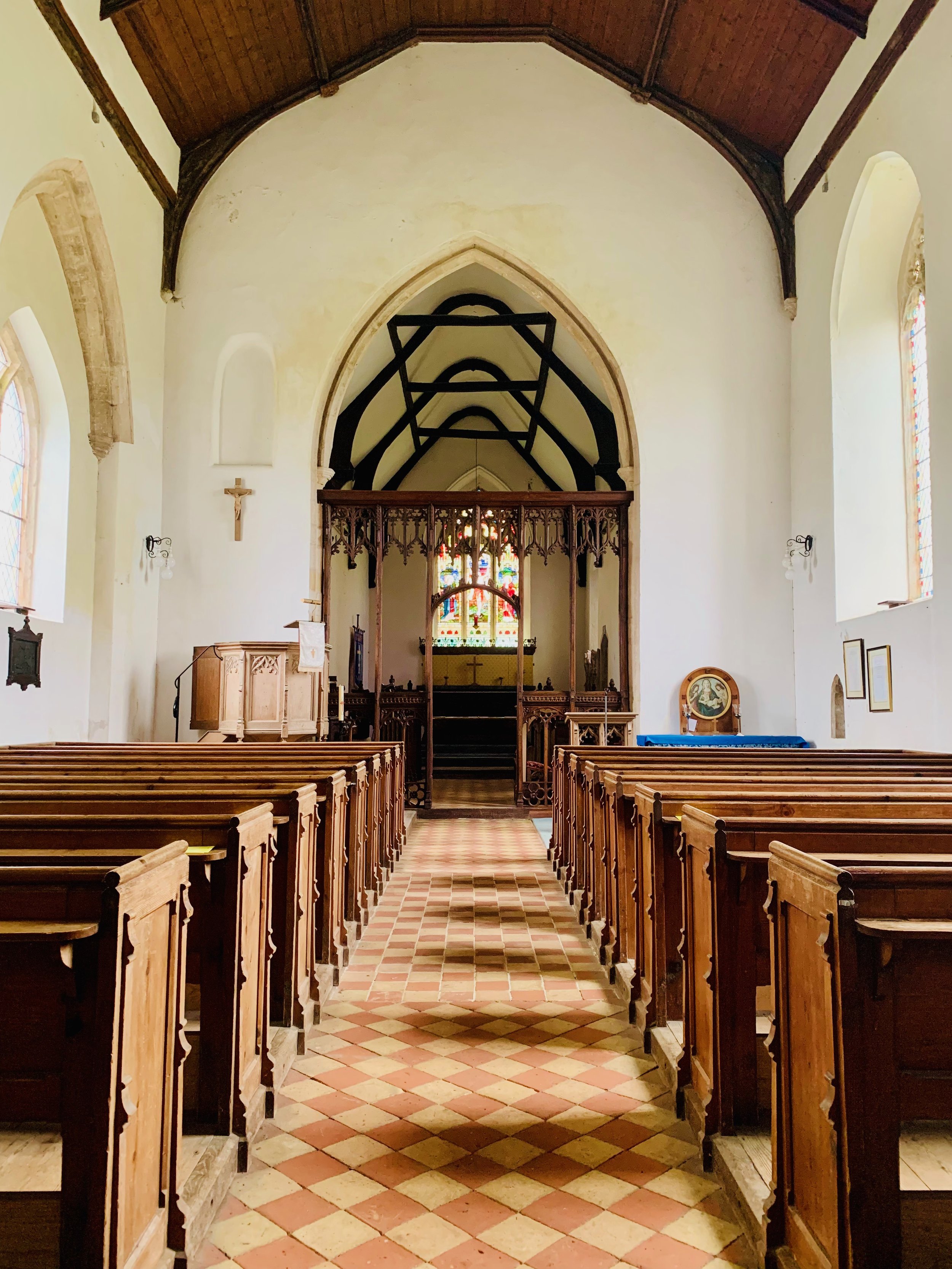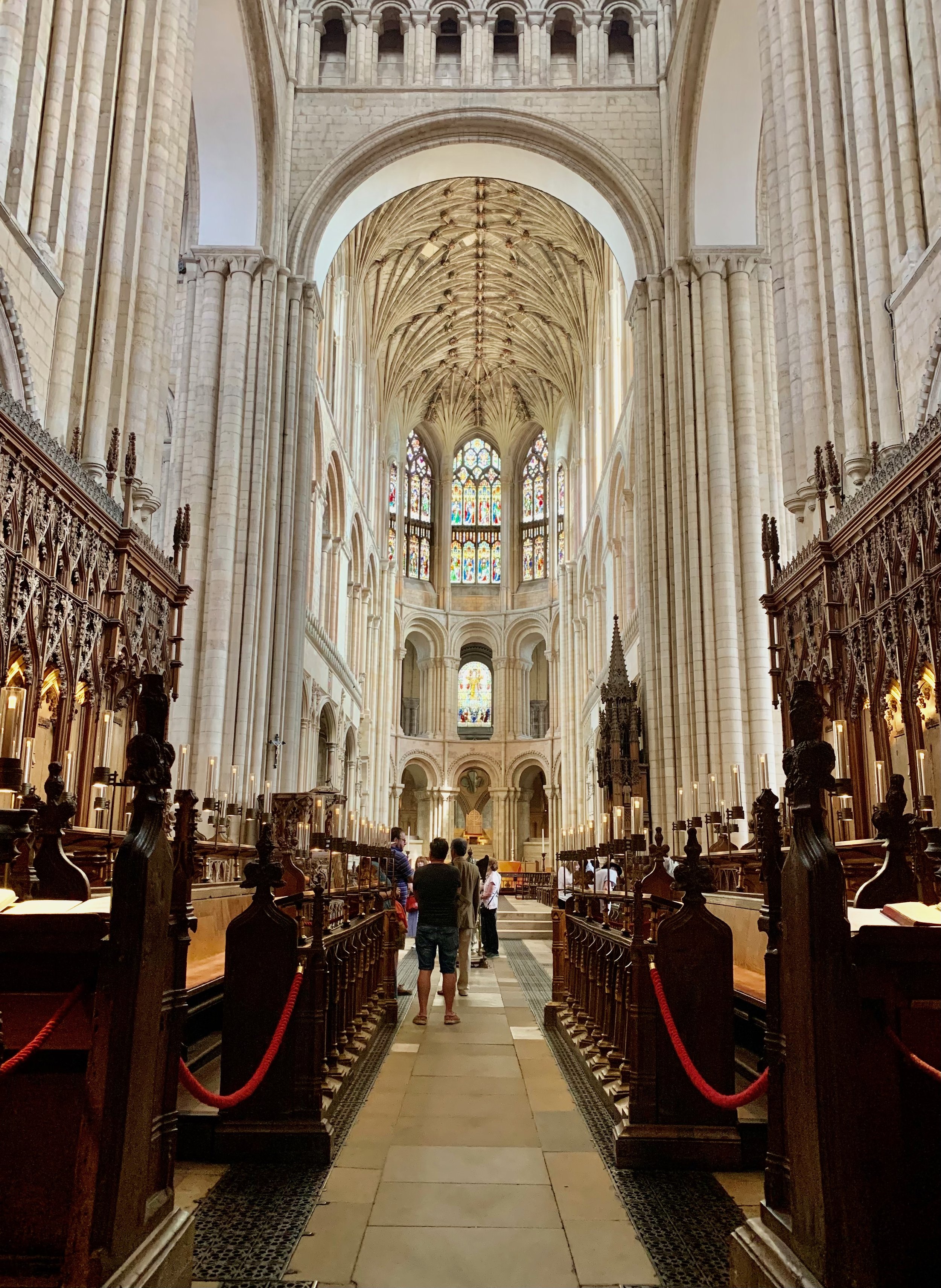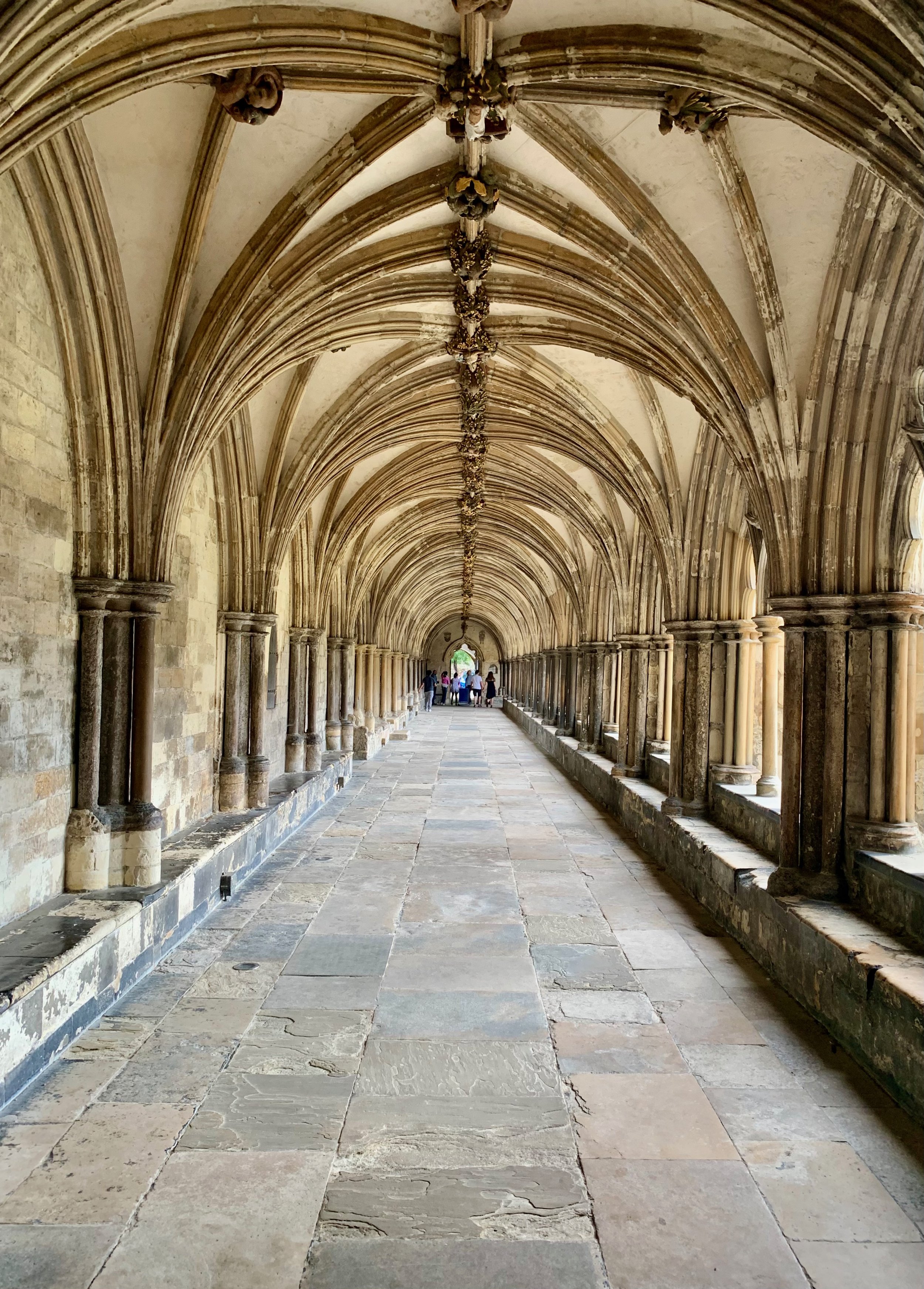The wonder of churches
All my life I’ve been staunchly atheist. Both my parents have always been mocking of religion. My family are from one of the most atheist regions of the UK. This is a very common approach to take if you live in the UK. Science rules, fluffy things like religion have no place. While I am still not religious, I have come to see that this rejection of religion reflects a deeper rejection of all things spiritual. And I genuinely believe this has left a gaping hole in our lives, in our communities, in our psyches.
When we hear the word spirituality in atheist, Western cultures, many people recoil. Spirituality has become synonymous with religion; how do you have spirituality without God? But spirituality really has nothing to do with God, but with wider sense of connectedness to something bigger. It’s the tingling in your body as you listen to a piece of music, the collective joy a crowd experiences. It’s planting seeds in rich, dark soil, fingernails turning black, and watching them sprout weeks later. It’s sitting still in the nothingness of the moment, feeling connected to other human beings as you watch your brain deliver the worries and fears that all others in history and at present have had cross their minds, or will do at some point. It’s the flow of words as poetry spills across the paper. It’s the swirl of the leaves in autumn, the singing of the blackbird at dusk, the tumbling of pebbles on the shore as the sea pulls them back and forth.
I’ve come to realise that I’ve always been spiritual, or have at least yearned for a spirituality. For example, when I was 20, I took an astronomy class and fell instantly in love. Yes, I loved the science, but it was the huge, inexplicable wonder of it all that pulled me in. The scale of it all made me feel tiny, like everything was so important and so unimportant all at once.
During a recent trip home to the UK, me and my Dad went on a little ancestral pilgrimage around Norfolk. Connection to ancestors is another way of connecting to our innate sense of spirit, but something we have mostly forgotten in the Western world; I was keen to delve in. Dad has found ancestors living in Norfolk as far back as the 1400s. Strangely, he unknowingly bought a little holiday home about a mile from where his 3rd and 5th great-grandparents are buried back in 2015.
Norfolk is home to about 650 medieval churches, the most densely populated area in the world. As we entered some of these peaceful churchyards filled with wild spring flowers, I could feel a sense of calm descend upon me. I turned the handle of the church doors and was greeted by spaces, both tiny and huge, which emanated serenity. Hanging in the air was just a palpable… somethingness. In Celtic spirituality, the term ‘thin place’ refers to a place in which this material world and the spiritual world are close, where there’s a sense you’re inhabiting both. That’s the only way to describe it.
I don’t feel a connection to God or Jesus and it doesn’t make me feel religious. It’s just a feeling unlike anything else. I think a lot of it comes down to the fact that everything nowadays is commercialised. If you want to come in you need to pay, and no you can’t use the toilet unless you buy something. It’s strange just turning a handle, being greeted by silence, and being able to just sit and be without being asked ‘Can I help?’ by an employee. It does go beyond that, though. It’s more than just the lack of commercialism; it’s the part of the human experience which cannot be put easily into words, but which we know when we feel it.
There’s something about the ancientness of these churches too that promotes a sense of the spirit. Norwich Cathedral is 900 years old and most of the churches are around 800. Knowing that thousands of people over the centuries, including my ancestors most likely, walked the floors, sat in the pews, brought their worries and fears and joys, and lived out their lives in and around this spot, connects me to the thread of humanity that exists within all of us and will continue to exist as long as humans do.






